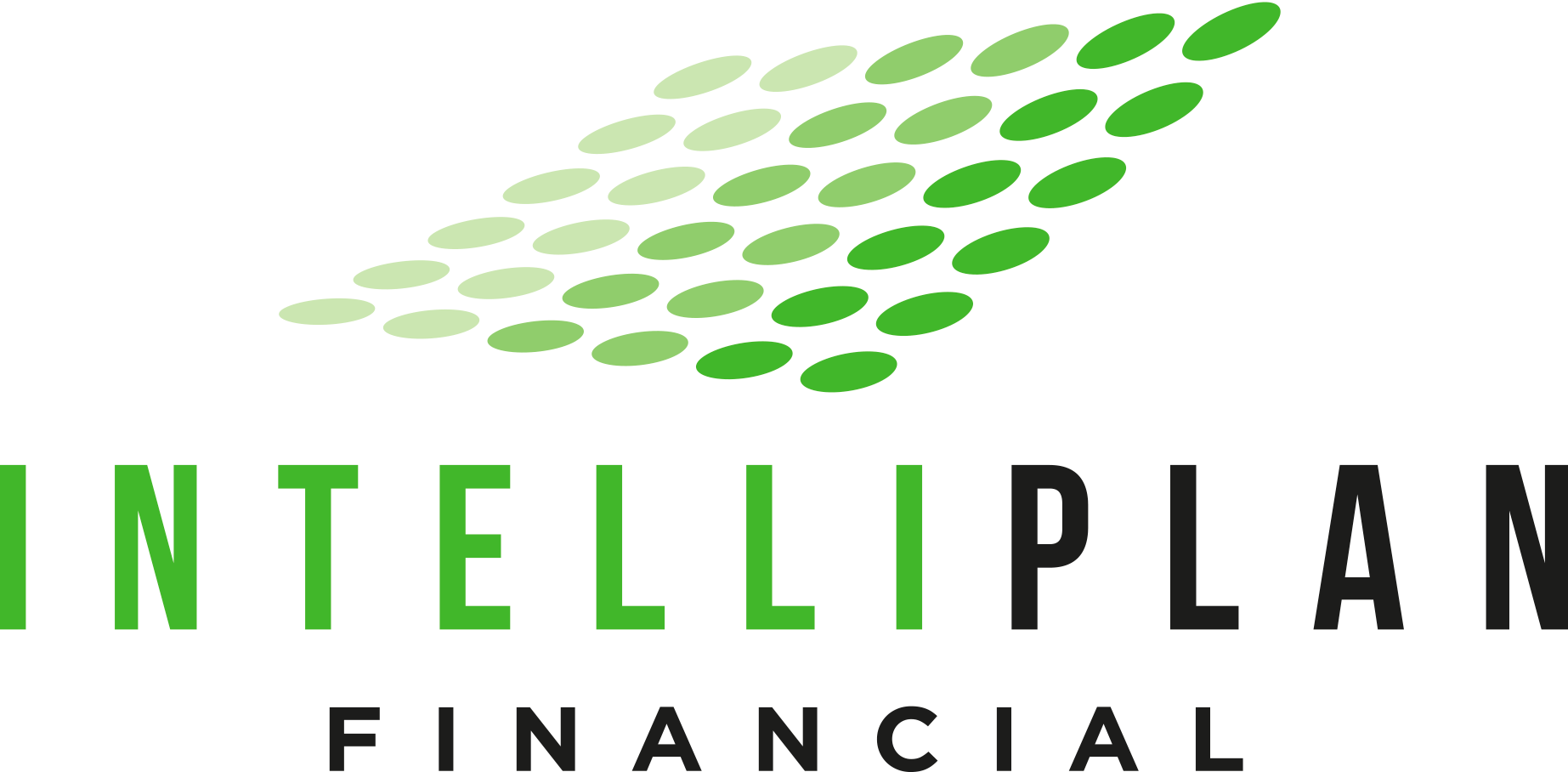As a pre-retiree or retiree, one of your goals may be to create strategies to be tax efficient in your retirement by reducing your tax liability.
Developing a tax strategy during retirement can be confusing, but with just a few strategies, you could potentially enjoy the available tax savings.
In this blog post, we’re giving you six retirement tax efficiency strategies so you can focus on enjoying life in retirement without overpaying in taxes!
Account Diversification
Account diversification is important because it allows you to have flexibility in managing your overall tax liability in retirement.
Pre-tax accounts such as a 401k and IRA offer tax-deferred growth. This means you don’t pay taxes on contributions or earnings until you withdraw the money for income in retirement.
After-tax accounts such as a Roth IRA retirement plan and a life insurance policy can help you build your retirement savings by paying taxes ahead of time – which means when it comes time to withdraw your funds, you don’t have to worry about paying taxes! Additionally, your funds grow tax-free when you contribute to a Roth IRA or life insurance policy.
If the majority (or all) of your retirement savings are in taxable accounts, you may want to consider working with a financial advisor to help strategically move a portion of your savings into after-tax accounts to later receive tax-free income. Pre-paying your taxes can be especially helpful for people who think they’ll be in a higher tax bracket during retirement and/or think tax rates will go up in the future.
Working with a qualified financial advisor and understanding all the details will help you make an informed decision regarding your retirement savings so you can reduce your tax liability in retirement.
Plan Your Withdrawals Strategically
Strategically planning your retirement income withdrawals is another important part of being tax-efficient in retirement. Knowing how and when to pull income from your accounts and the tax implications of doing so could help save you thousands of dollars in taxes.
Understanding your tax bracket is an important first step for planning your withdrawals. If you’re at the low end of your tax bracket, you may be able to pull more income from your accounts to take advantage of the low rates.
On the flip side, if you are at the high end of your tax bracket, you may want to hold off on taking additional income (unless it’s a Required Minimum Distribution) so you don’t jump into the next tax bracket and have to pay a higher rate.
Look into ways to reduce taxes on Social Security benefits.
Reducing taxes on Social Security benefits could potentially help save retirees thousands of dollars annually.
To explore this option, it’s important to understand how much of these benefits are subject to federal income tax and which states also impose taxes on Social Security benefits.
Social Security benefits are taxed based on your “combined income,” which is your adjusted gross income (AGI) plus non-taxable interest and half of your Social Security benefit.
By strategically managing your other sources of income, you may be able to reduce your combined income, thus reducing your tax liability on your Social Security benefits so you can keep more of your money.
Planning your taxes in retirement can be manageable if you know where to look for help. Taking the time now to research your options can result in significant long-term savings.
Be mindful of the Required Minimum Distributions
It’s important to be mindful of Required Minimum Distributions (RMDs) when it comes to your tax liability in retirement, as RMDs can significantly impact your taxable income.
RMDs are the minimum amount you are required to withdraw from most taxable retirement accounts each year after you turn age 73. The income taken from your retirement accounts is usually taxed as ordinary income and, in some cases, can unexpectedly push you into a higher tax bracket and increase your tax liability.
A benefit of after-tax accounts – such as Roth IRAs and life insurance – is they’re not subject to RMDs like traditional IRAs or 401ks, meaning you can keep the funds in the account as long as you like.
It’s important to plan ahead and be aware of your RMDs. It’s a good idea to work with a qualified financial advisor to help you plan a retirement income strategy that helps you meet your RMD requirement and minimize your tax liability in retirement.
Donate to Charity
If you have already optimized your investment strategy for tax efficiency, maximize your income, and are seeking additional ways to decrease your taxable income, consider donating to charity.
Not only does donating to charitable organizations provide a meaningful way to support others, but it can also offer a tax benefit. Here are a few charitable giving strategies:
- Itemize your deductions: In some cases, it may make sense to itemize your charitable deductions on your tax return if they’re more than your standard deduction.
- Make qualified charitable distributions: If you’re 70 ½ or older, you can make a qualified charitable distribution (QCD) from your IRA directly to charity up to $100,000 annually. This can count towards your RMD for the year and is not subject to income tax.
- Donate long-term appreciated assets: Instead of donating cash, you can choose to donate long-term securities (stocks, mutual funds, or bonds), real estate or private company stock. Doing so could eliminate capital gains taxes owed on those assets and increase your tax deduction for your charitable contribution.
Talk to a financial advisor about strategies for minimizing taxes in retirement.
Thorough retirement planning is important to help strive for a comfortable and secure future during your golden years. That is why talking to a qualified financial advisor when considering strategies for minimizing taxes in retirement can be helpful.
Financial advisors are knowledgeable at assessing your individual situation and recommend potential solutions. Some available solutions could include taking advantage of long-term capital gains tax rates or utilizing required minimum distributions (RMDs) when the time comes.
Because the rules surrounding taxes, especially concerning retirement, are constantly changing, it’s wise to keep up with new developments. Enlisting a financial advisor who is knowledgeable in ongoing retirement tax management is one of the best ways to help you make informed financial decisions. To learn more about what retirement tax management looks like, click here to read more about our Tax Management JourneyⓇ.
In Conclusion
Retirement is a critical step in life, and it is important to plan ahead so that you have financial stability upon retirement. By following the strategies above, you could help minimize taxes in retirement and maximize the funds you have saved.
Planning for retirement is key when considering all aspects mentioned above! So what are you waiting for? Contact Intelliplan Financial today to start crafting a tax-efficient retirement income plan tailored to your needs!
Disclosure: Financial Planning and Advisory Services are offered through Prosperity Capital Advisors (“PCA”), an SEC-registered investment adviser. Registration as an investment adviser does not imply a certain level of skill or training. Intelliplan Financial and PCA are separate, non-affiliated entities. PCA does not provide tax or legal advice. Insurance services offered through Intelliplan Financial are not affiliated with PCA.
Financial Planning and Advisory Services are offered through Prosperity Capital Advisors (“PCA”), an SEC registered investment adviser. Registration as an investment adviser does not imply a certain level of skill or training. Intelliplan Financial and PCA are separate, non-affiliated entities. PCA does not provide tax or legal advice.










